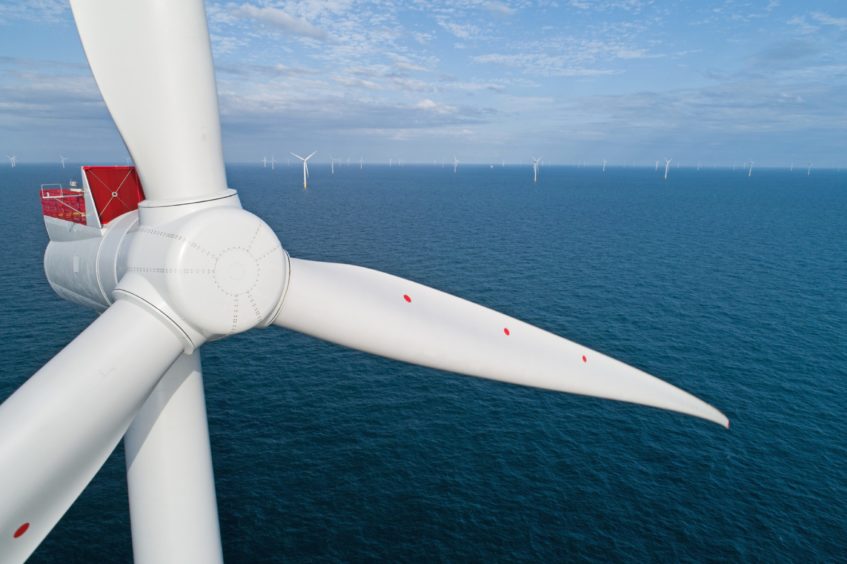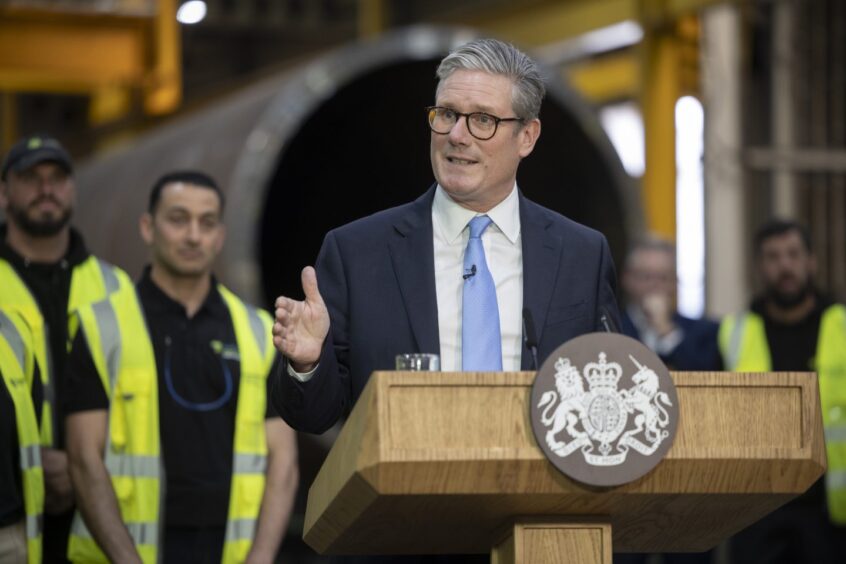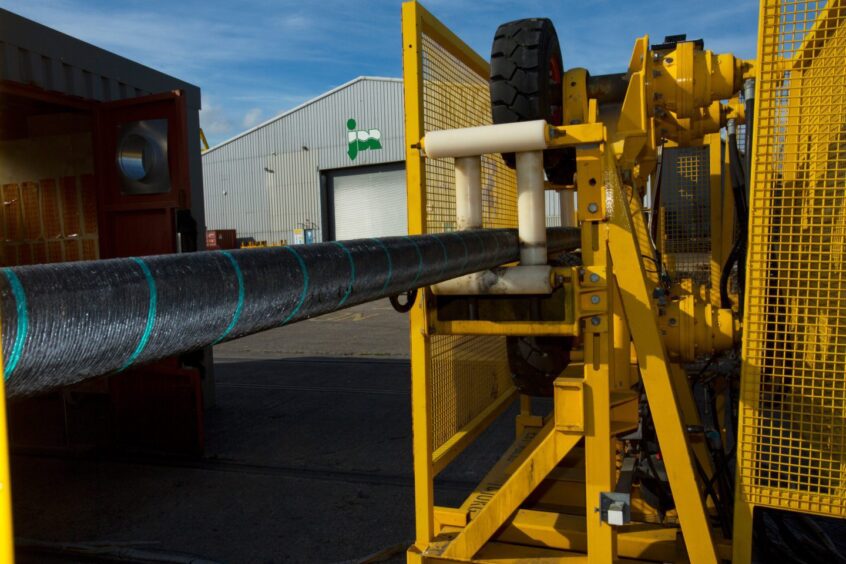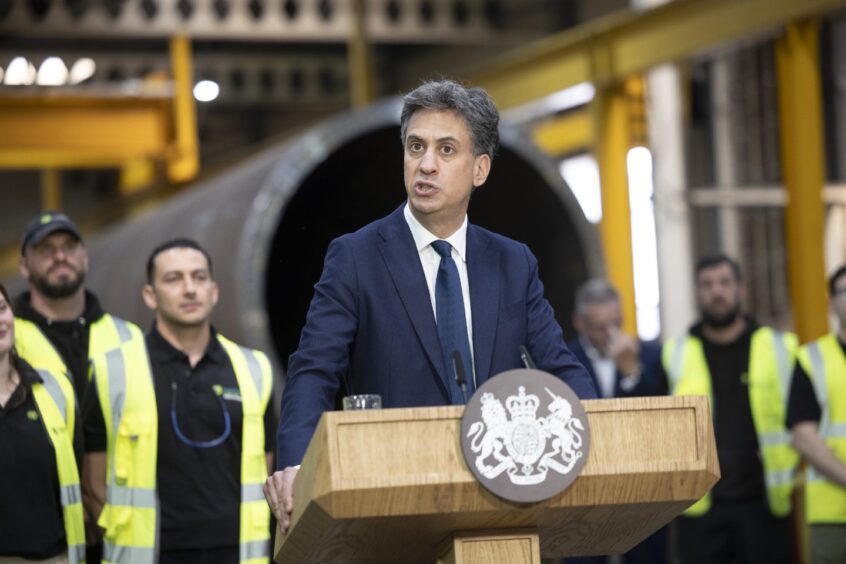
Danish state-owned energy firm Ørsted has pushed ahead with its 2.9GW Hornsea 3 offshore wind farm as it dished out a series of contracts to UK suppliers worth up to £100 million.
The firm has claimed that across the three firms to sign contracts relating to “the world’s single largest offshore wind farm” 300 jobs will be created.
Ørsted (CPH: ORSTED) has contracted the north of England firms, JDR Cable Systems, Severfield and Smulders, to work on the £8.5 billion renewable energy development.
The firm said that the announced contracts are worth between £75 and £100m.
Managing director of Hornsea 3, Luke Bridgman said: “We value our partnerships with local suppliers and our continued commitment to working with the UK supply chain is reinforced today with these contract announcements.”
Suppliers new and old win work on world’s largest wind farm
Of the three firms named, two have experience working in the offshore wind supply chain while the deal with Severfield marks the business’ first contract in the sector.
The York-headquartered steel fabricator will work with its strategic key contractor Hutchinson Engineering in Widnes and will be responsible for final assembly of “key components” at the Teesworks Port in Teesside.
Bridgman added: “Operating with existing suppliers like JDR and Smulders and supporting Severfields’ diversification into offshore renewables is testament to the strength of the UK supply chain and the role Hornsea 3 is playing to boost economic growth across the UK.”
Prime minister Keir Starmer and energy secretary Ed Miliband recently appeared at the site of this work to announce GB Energy’s partnership with the Crown Estate.
This week the Crown Estate allocated nearly £5m in funding to 13 British offshore wind supply chain firms advancing projects near the Celtic Sea.
This came as part of the Crown Estate’s £50m supply chain accelerator, which aims to de-risk early-stage projects servicing the offshore wind sector.
North England to work on Hornsea 3 cables and foundations
Severfield will also work alongside Newcastle-based steel fabricator Smulders to supply suspended internal platforms, “key internal parts of the foundations on which the wind turbines sit” and boat landings for small service vessels, Ørsted said.
Jim Martindale, divisional managing director for Severfield Nuclear and Infrastructure, added: “This is a major achievement for the business and a key step in aligning with our strategy to expand the infrastructure division into new and innovative sectors.
“This achievement is also a testament to the dedication and skills of our colleagues, who have expertise in delivering complex projects across a range of industries.”
JDR won an array cable testing and termination contract and as a result, will prepare and connect the cables between the turbines and offshore convertor stations.
The firm will also test the cables to ensure that all array cabling is fully integrated into the offshore electrical infrastructure and working safely.
Earlier this year the Danish state-owned wind business was mulling over the idea of reusing the export cable from a failed US wind farm on the project.
Speaking during an analysts call as part of the company’s results for the first half year of 2024, CEO Mads Nipper said that the Hornsea 3 and 4 projects are “where there is a potential for the reuse of the Ocean Wind 1 export cable, which is something we are already now planning and progressing”.
Building on Britain’s ‘manufacturing expertise’
Ørsted made a final investment decision (FID) on Hornsea 3 in December 2023. Located around 75 miles off the Norfolk coast, the site will see up to 231 turbines installed across an area of around 435 square miles.
Benj Sykes, head of Ørsted in the UK, commented: “Hornsea 3 is the world’s single largest offshore wind farm and, as well as being based in UK waters, we’re proud to be supporting Britain’s growing offshore wind supply chain.”
The Danish firm secured a successful Allocation Round 6 (AR6) bid for its project as it secured three contracts for difference (CfD) in the UK government’s flagship renewables funding scheme.
Miliband said: “This multi-million-pound investment will build on the manufacturing expertise of our industrial heartlands, ensuring these communities can benefit from the vast opportunities that come with us becoming a clean energy superpower.”
Previously the energy secretary has taken jabs at Ørsted as he promoted the Labour Party’s proposed state-owned energy firm great British Energy.
In a debate on the GB Energy Bill earlier this year he commented: “Even before this Bill, we already have widespread state ownership of our energy assets in Britain – by other countries: Denmark, Sweden, Norway and France, through their own state-owned companies.
“Indeed, get this, the city of Munich owns more of our offshore wind capacity than the British Government.”
GB Energy chairman Juergen Maier has also previously shared ambitions for the state-backed firm to follow in the footsteps of Ørsted.
“Great Britain deserves a national champion, like an Ørsted,” Maier said in an interview earlier this year.

 © James Glossop/The Times/PA Wire
© James Glossop/The Times/PA Wire © Supplied by JDR Cables
© Supplied by JDR Cables © James Glossop/The Times/PA Wire
© James Glossop/The Times/PA Wire